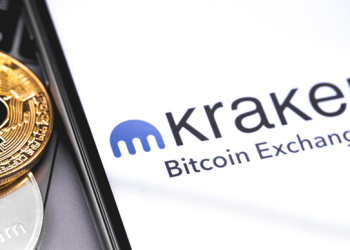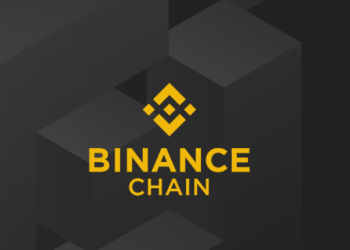Jack Dorsey’s TBD Is Building A Bridge Between Fiat and Crypto with Decentralized Identifiers
The whitepaper of social media giant Twitter and payment processor Square CEO Jack Dorsey’s decentralized Bitcoin exchange has been published.
Calling for an inclusive economy, the TBD team talked about the need to build on-ramps where everyone can access and participate in the economy.
Thirteen years ago, the Bitcoin whitepaper was published, which “changed everything,” with the idea, “forged in math and game theory,” that “created a universal ledger and new currency that is native to the internet, accessible to all, and secured by competitive market forces,” noted the TBD developer in the official announcement.
Now, to unleash the potential of bitcoin and decentralized financial infrastructure while most people still live in the fiat world, Dorsey proposes building bridges between the fiat and crypto world.
“Through these connections, we will massively improve the accessibility and utility of crypto assets by reducing the overhead of moving in and out of these assets in order to perform daily economic transactions,” wrote the TBD developer.
First draft of white paper is up, and on GitHub: https://t.co/rn35B8gw6D https://t.co/RPZPyhlLin
— jack⚡️ (@jack) November 20, 2021
In its explanation, they also noted the challenges to this vision, including regulation and that no interface with the traditional monetary system can be completely trustless, nor can we atomically swap crypto for fiat or real-world assets that require social trust.
As such, TBD is based on decentralized identifiers (DIDs) that enable verifiable digital identities to facilitate trustworthy exchanges between counterparties.
TBD proposes a solution that does not rely on a federation to control access to the network, has no governance token, and the protocol allows participants to negotiate trust directly with each other.
The tbDEX protocol will also facilitate the secure exchange of the minimum necessary identity information acceptable to counterparties in order to satisfy requirements and further claims to not collect or record any personally identifiable information.
“When we announced TBD to the world, we committed to being an open-source, open development, and open roadmap business,” they said.


















